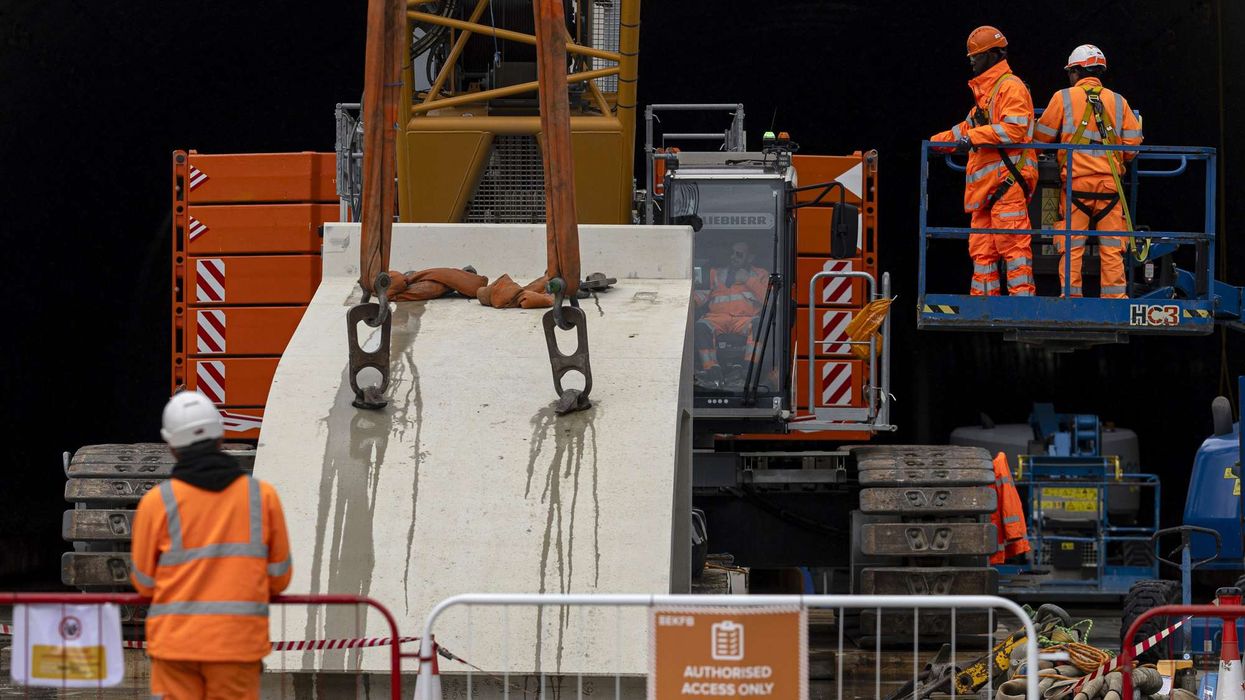THE UK’s main minimum wage rate will rise by 4.1 per cent to 12.71 pounds ($16.67) an hour from next April, the government said on Tuesday. The move is intended to keep pace with average pay, though some employers say it will increase prices.
Britain’s minimum wage is the second-highest in Europe relative to average pay and has gone up by more than 60 per cent since 2019, as successive governments worked to lift it to two thirds of median hourly earnings.
Chancellor Rachel Reeves said the latest increase, following a 6.7 per cent rise earlier this year, was needed “so that those on low incomes are properly rewarded for their hard work”.
The change will apply to 2.4 million workers aged 21 and over. Another 300,000 apprentices and workers under 21 will get a rise of between 6.0 per cent and 8.5 per cent as the government continues to phase out lower minimum wages for younger workers.
“The cost of living is still the number one issue for working people and that the economy isn’t working well enough for those on the lowest incomes,” Reeves said in a video message.
Hospitality sector says increase will raise prices
Britain’s hospitality industry criticised the rise, saying it will lead to higher prices.
“Hospitality businesses have reached their limit of absorbing seemingly endless additional costs. They will simply all be passed through to the consumer, ultimately fuelling inflation,” said Kate Nicholls, the chair of trade body UKHospitality.
She said bigger pay rises for less experienced workers would make it harder for young people to find work.
Britain recorded the highest inflation rate of any major advanced economy in October at 3.6 per cent, partly driven by faster wage growth after the COVID-19 pandemic.
The Bank of England expects inflation to return to its 2 per cent target by mid-2027. But many policymakers say wage growth above around 3 per cent will make that target harder to reach, given weak productivity.
Employers have said higher labour costs have reduced hiring this year. The unemployment rate stands at 5.0 per cent, the highest since 2021.
The Low Pay Commission, which recommended the 4.1 per cent increase, said previous rises in the minimum wage for over-21s “have not had a significant negative impact on jobs”.
The commission’s chair, Conservative lawmaker Philippa Stroud, said it weighed the challenges faced by low-paid workers during the higher cost of living period against the pressures on employers from April’s tax rises.
“In our discussions this year with workers and employers alike, it has been clear that no one is having an easy time,” she said.
The increase matches the commission’s provisional recommendation from August, made by representatives from business, trade unions and academia.
(With inputs from agencies)





